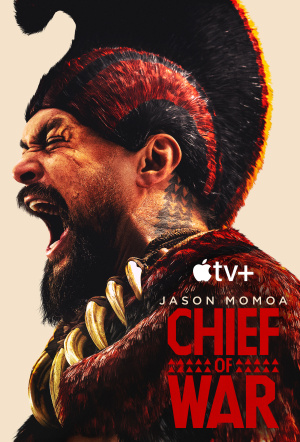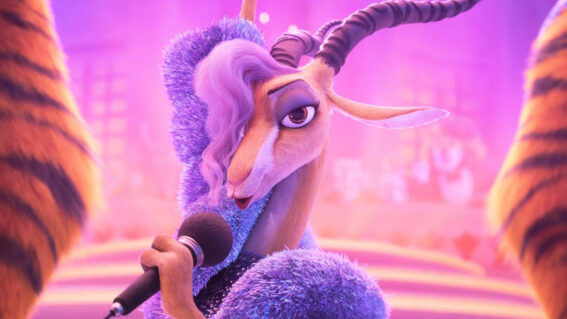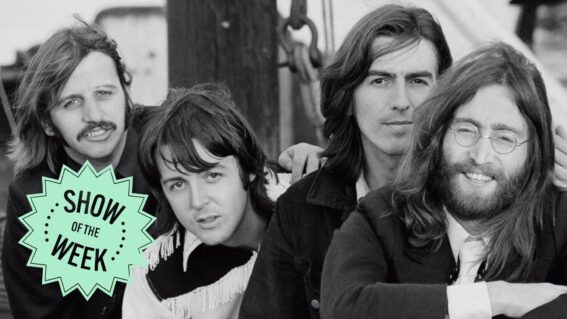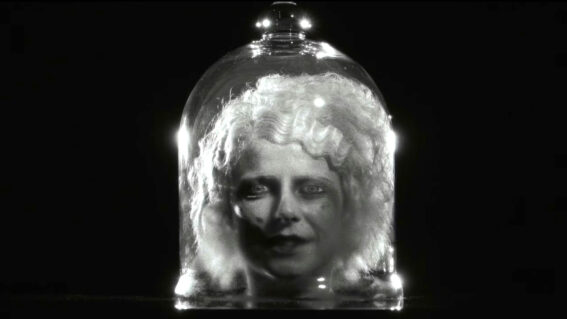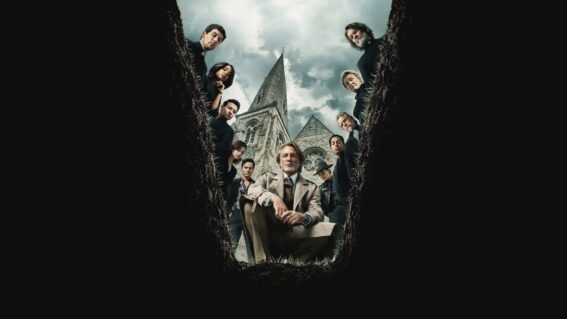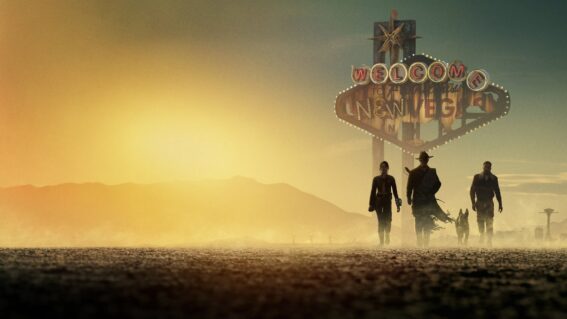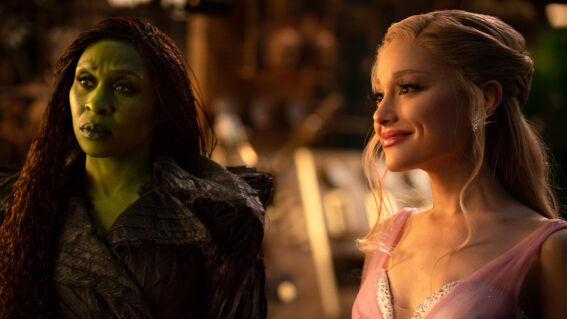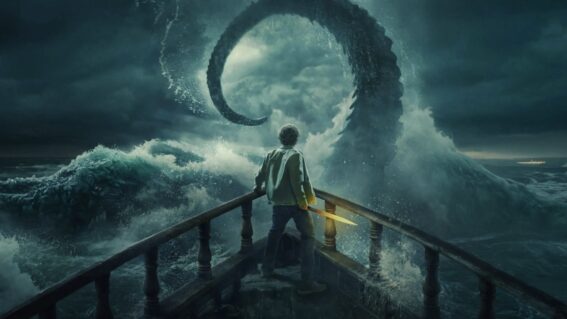Reflecting on Matariki and Kōkā, an Aotearoa road movie like no other
Kōkā stars Te Kohe Tuhaka and Darneen Christian talk about their roles, the manaaki on set, and the film’s alignment with Matariki.
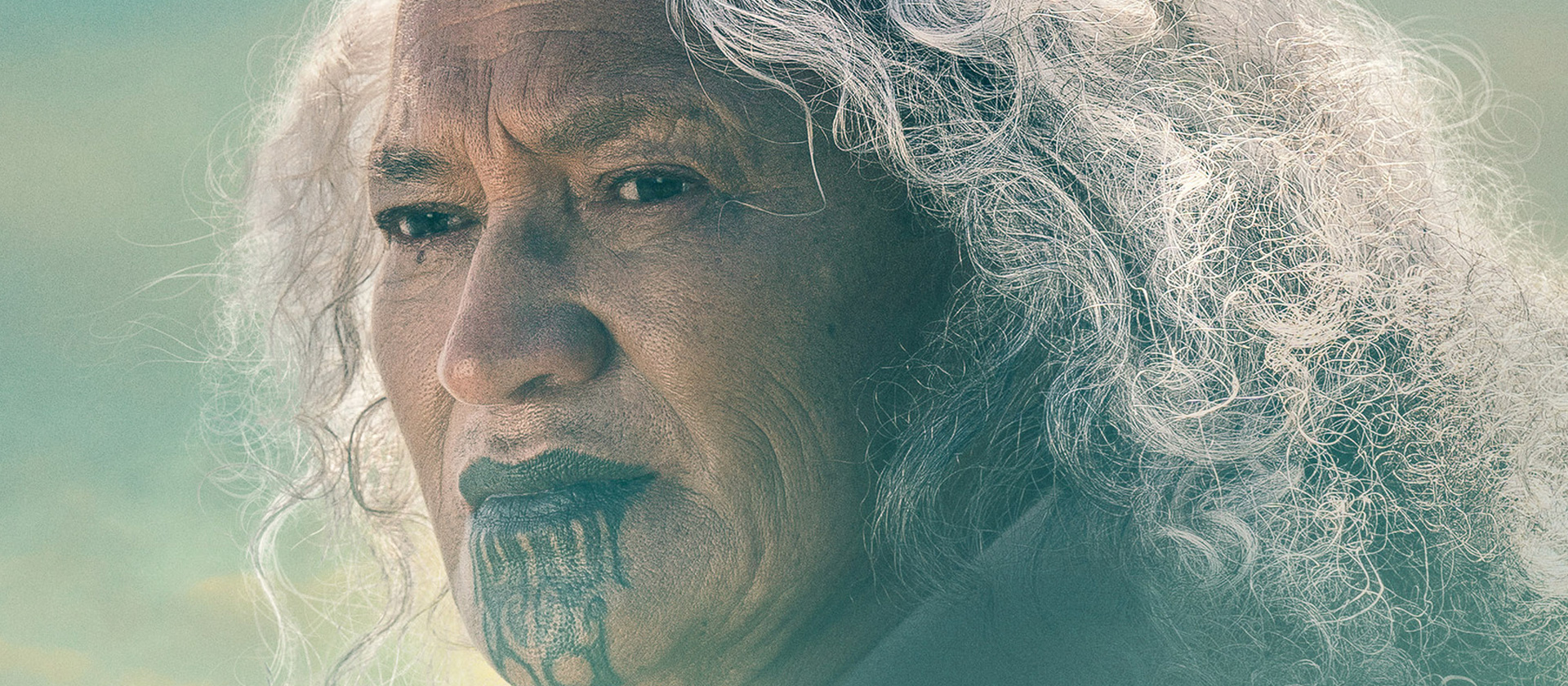
Aotearoa lends itself to the road movie. The world already knows about the country’s photogenic landscapes thanks to Sir Peter Jackson’s LotR trilogy, but perhaps less is known about New Zealand’s homegrown history with the genre, from Geoff Murphy’s comedically chaotic Goodbye Pork Pie to Gillian Ashurst’s hitchhiker thriller Snakeskin and Himiona Grace’s muso-drama The Pā Boys.
Kōkā, the feature debut of filmmaker Kath Akuhata-Brown, stands among good company while forging its own route in the genre. The story centres on Hamo (Hinetu Dell), the titular kōkā, who rocks a Ford Falcon with the intent of making a solo journey of healing and reconciliation.
That is, until she runs into / runs over an abrasive young woman named Jo, played by Darneen Christian. A social delinquent with seemingly no filter, Jo muscles her way into riding shotgun with the quiet and reserved Hamo. With Matariki as their guiding force, this contrasting couple find themselves on a very similar voyage.
Jo is a breakout role for Christian, who some may recognise from The Dead Lands TV show. “I was overwhelmed,” the actor says, recalling when she got cast to lead the feature. “I was a mum. My son turned one. At this point, I had accepted [my acting career] was not going to happen. So when I got cast, I was floored, taken by surprise for sure.”
Someone who wasn’t as surprised was Christian’s The Dead Lands co-star Te Kohe Tuhaka. “I received an early draft of the script,” he states. “When I read the Jo character, before even knowing any of the cast, I thought, ‘Darn’s gonna play this. This is in her wheelhouse.’”
Tuhaka, who starred in Akuhata-Brown’s 2021 short film Washday, plays Marcus in Kōkā, a police officer and long-time friend of Hamo who has more compassion for Jo than his fellow cops (even if he does acknowledge her as being a bit hōhā). Known largely for action-oriented roles in 2014’s The Dead Lands, 2017’s 6 Days, 2021’s Great White, and upcoming Jason Mamoa series Chief of War, the ‘80s-‘90s action film junkie happily proclaims: “I’ve always wanted to be an action hero. That’s what I wanted to do, and that’s what I’m continuing to want to do.”
But Tuhaka also relished the opportunity to play a gentler character. “It gave me the opportunity to flex that side of my craft. To be able to show a softer side to my acting abilities was nice—to be able to sit and relax and be gentle. I was stoked when I got offered that role.”
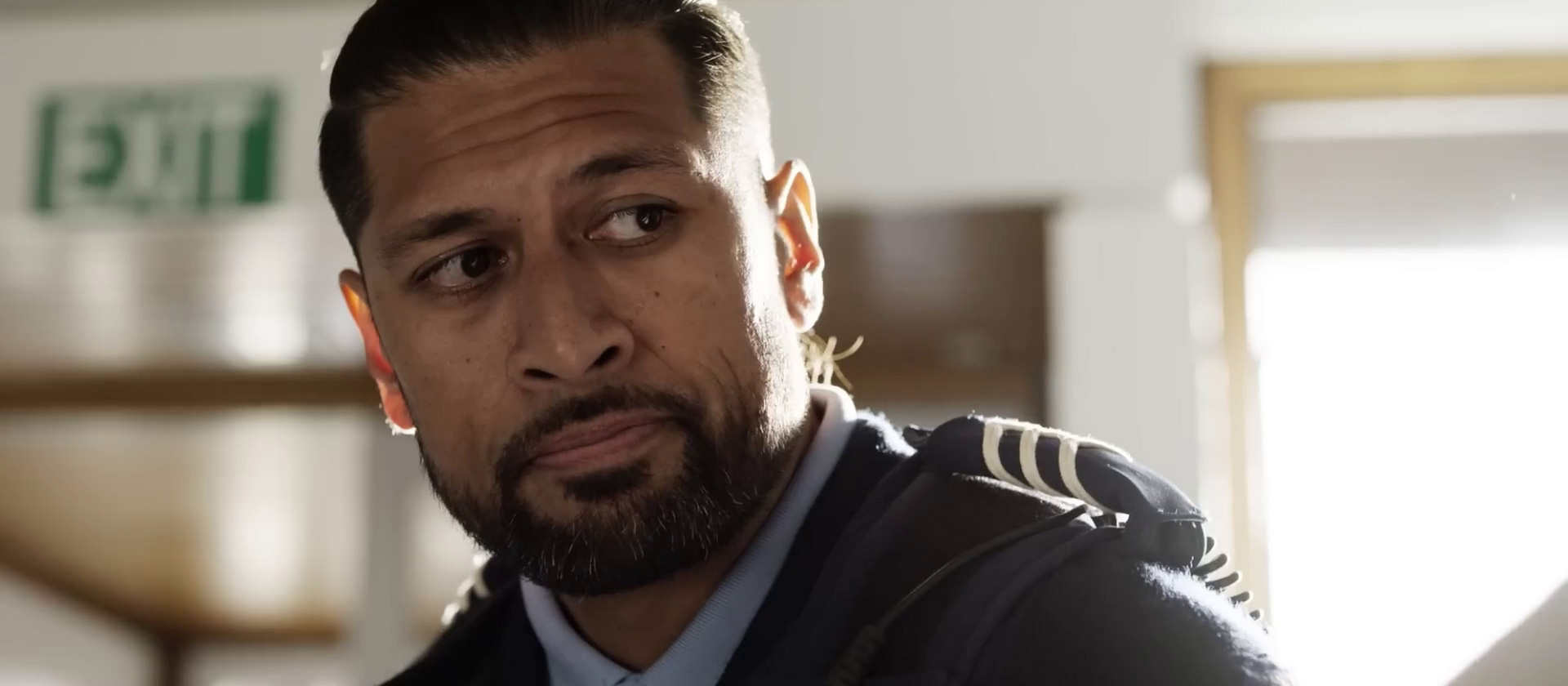
Kōkā
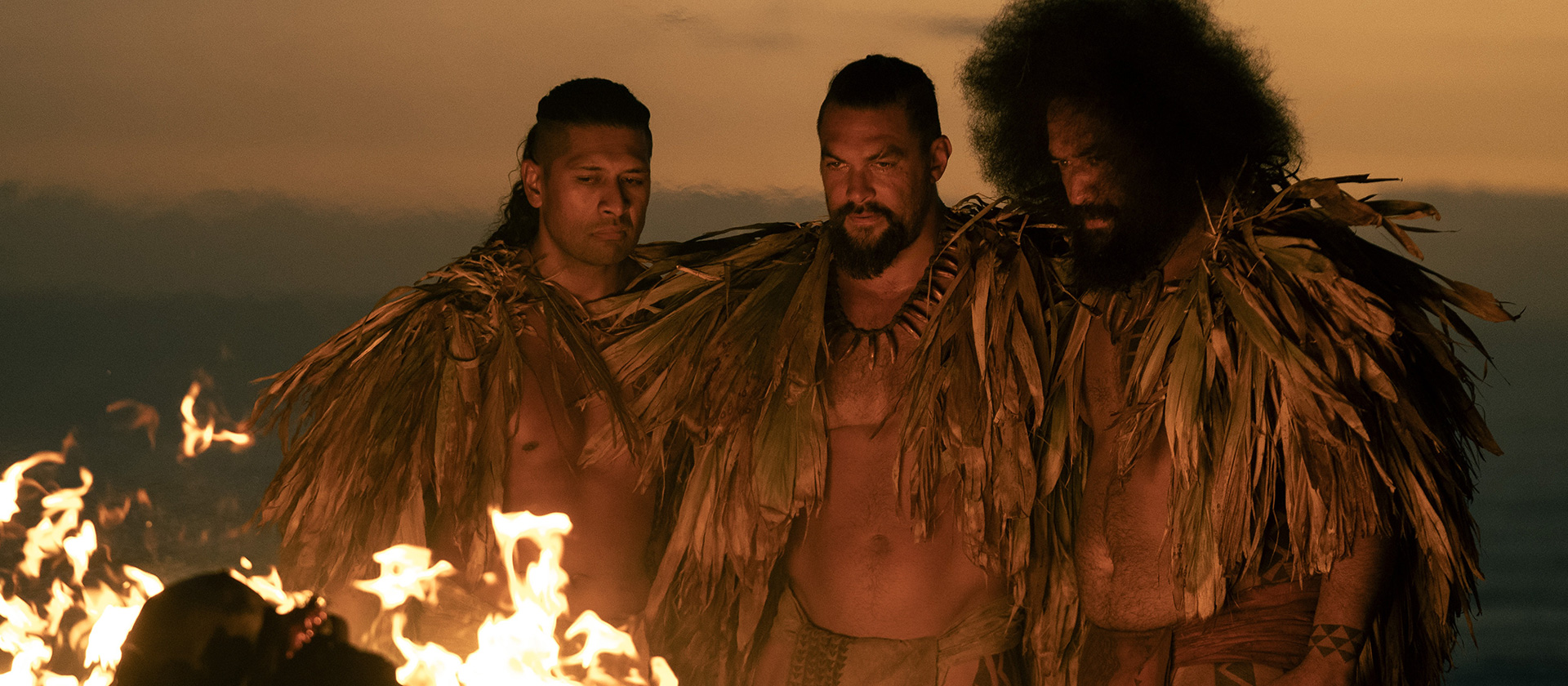
Chief of War
By contrast, Jo is an unapologetic pain in the ass, with Christian fully tapping into the character’s chaotic and rough-as-guts nature. “Secretly, I loved it,” she recalls. “It was fun to be able to step out of my comfort zone and have a tutu with something much further away from what I am naturally.”
Initially, Hamo wants nothing to do with this loose cannon of a woman. But as their paths weave together, we see Jo’s rebellious front slide away. “There’s a contrast she’s holding within her,” Christian describes. “I thought it was important to slowly find ways to find it. In certain car scenes, that’s where I felt [she’s] more comfortable to be vulnerable.”
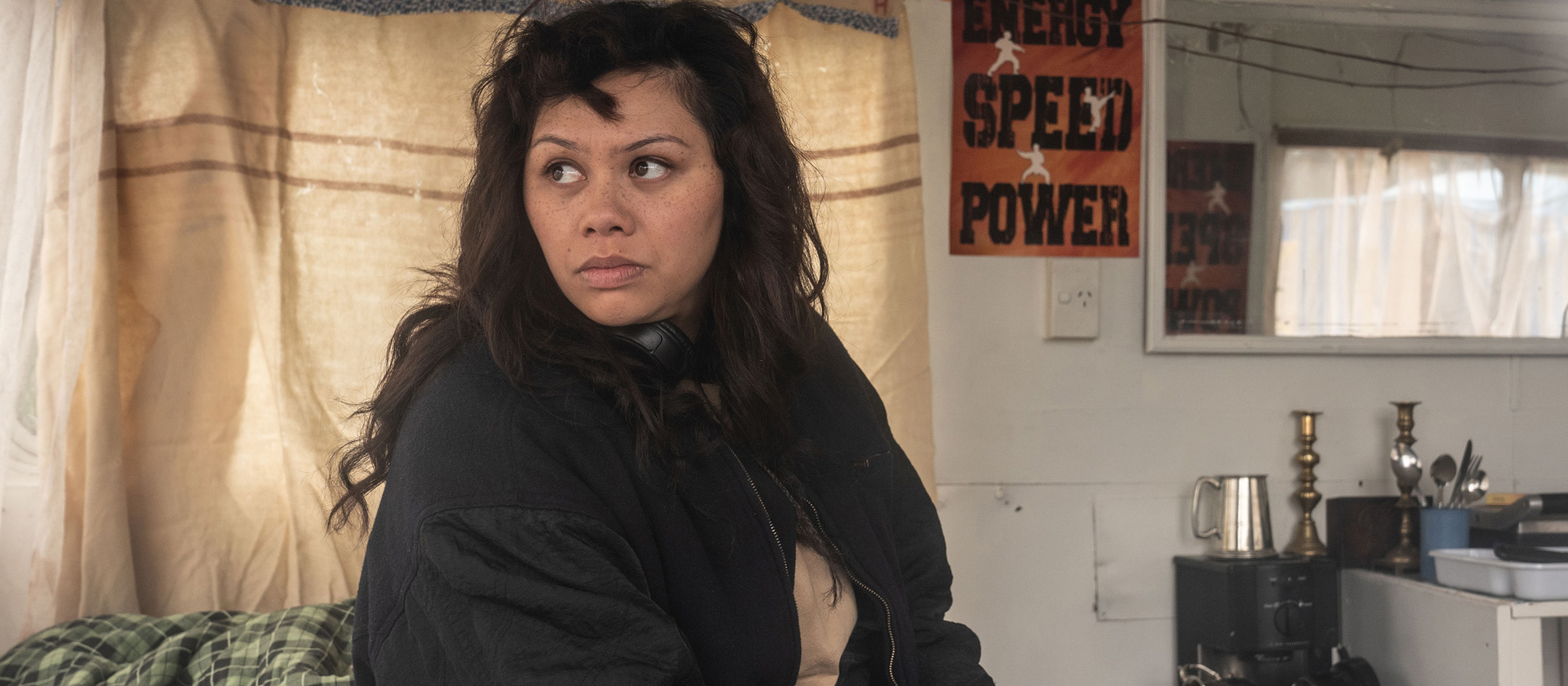
In the film, Hamo grows to manaaki Jo on this journey. Tuhaka describes how he, as a semi-statesman in the industry, found himself in a very similar position on set: “I instantly saw the opportunity to manaaki Hinetu, who has never done any acting before, to make sure she felt comfortable in the space she was about to embody.”
Thanks in part to his strong working relationship with filmmaker Akuhata-Brown, Tuhaka extended this sense of responsibility towards the cast and crew: “There were quite a few people who hadn’t really done anything [like this]. This was their first film. I know Kath asked me a lot: ‘Can you make sure that everybody’s okay?’ That was one thing that I really enjoyed and took away from working on Kōkā.”
Christian adds: “The film’s got a spot in my heart because of the people we were surrounded by, the people that we worked with, as well as being awhi-ed hard by TK, Kath, [producers] Verity and Libby. I didn’t walk away learning something for my craft, but more so about where my feet are standing.”
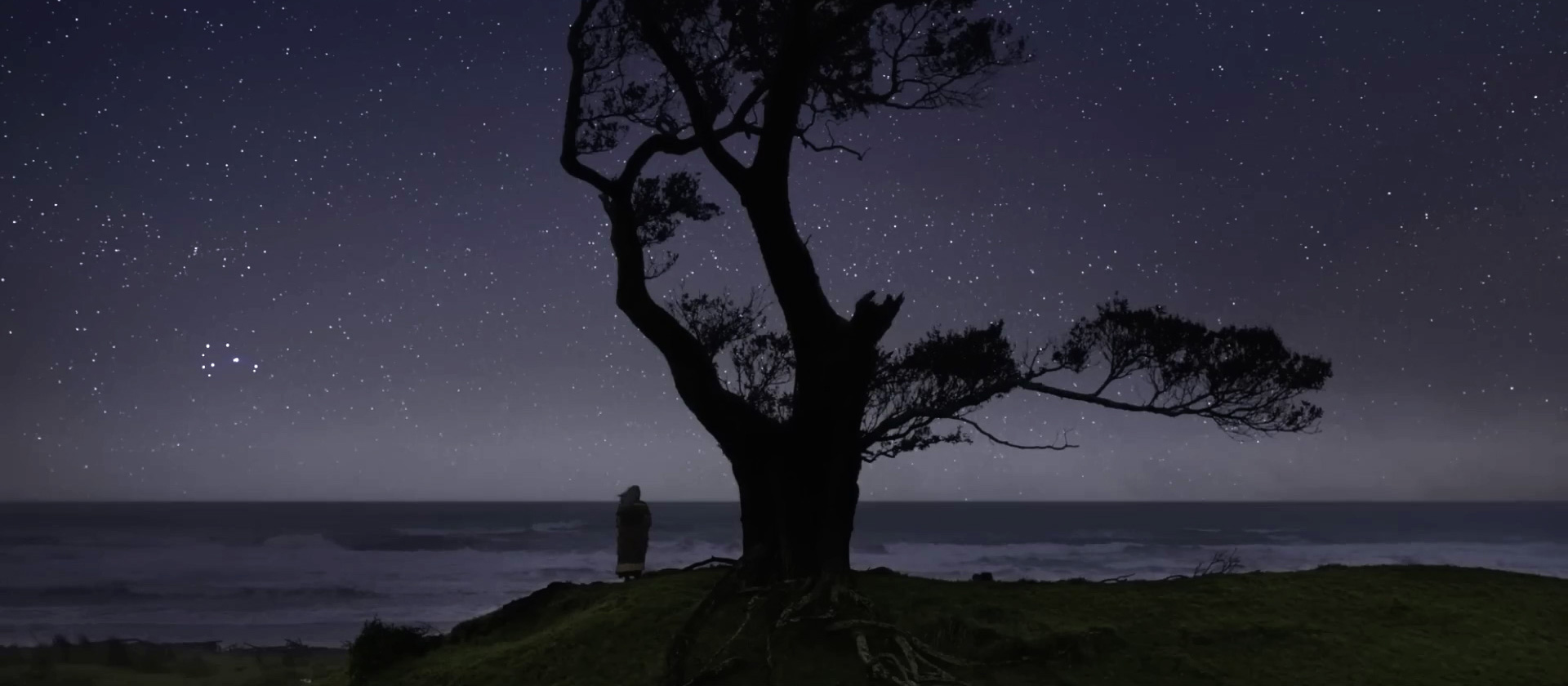
There’s a strong sense of reflection in both Kōkā the film and Kōkā the production, both of which bear a strong alignment with Matariki. Tuhaka elaborates: “I’ve grown in Matariki as the country has grown in Matariki here in Aotearoa. Now, what Matariki means for me is the normalisation of giving space to something that gives reflection to the what-has-been and what-is-gone.
“It’s a new space because that reflection time, for me, happens more at a tangi, at a funeral. But now there’s a moment where you can take all of those moments, all of those tangi, and consciously stop to go, ‘That was that, now what’s to come?’ And I say normalisation because it’s not just a Māori thing now—it’s a very Aotearoa thing, Matariki. And I feel like people can hold it in their way through the guidelines of what Matariki means from a cultural perspective and make it their own.
“We’re connected by the spiritual nature of Matariki, and that’s from an indigenous point of view. I know many indigenous cultures have a connection to Matariki, just in a different language. But the universal language of star gazing and reflection… I think we’re influenced by that.”
THIS INTERVIEW HAS BEEN EDITED FOR BREVITY AND CLARITY









